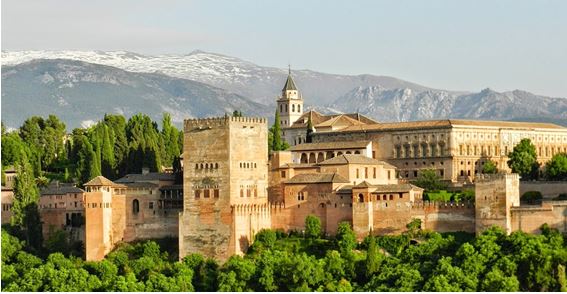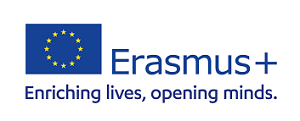
#3 – Mixing Cultural and Natural Heritage with Education
Who is this course intended for?
This course targets a diverse range of individuals, including teachers and school personnel from pre-school to primary, secondary, vocational, adult, and special needs education. It is also suitable for professionals in the fields of cultural heritage, environmental conservation, tourism, and individuals who have a keen interest in integrating cultural and natural heritage into educational practices.
This course is designed for education professionals and individuals who are interested in exploring innovative approaches to teaching by incorporating cultural and natural heritage. The primary objective of the course is to provide participants with a solid theoretical foundation and practical opportunities to apply cutting-edge teaching methods that integrate cultural and natural heritage.
Methodology
The course will employ a variety of engaging methodologies to ensure a rich learning experience. It will include theoretical classes to provide participants with a comprehensive understanding of the topic. Best practices and successful case studies will be shared to inspire participants in their own teaching practices. Content creation workshops will enable participants to develop tangible teaching materials that integrate cultural and natural heritage. The course will foster discussions and encourage experience sharing among participants to enhance collaborative learning. The emphasis will be on hands-on learning and participants will have the opportunity to create innovative educational products using cultural and natural heritage resources.
Outcomes
- Deepen understanding of cultural and natural heritage: Participants will gain a comprehensive understanding of the significance of cultural and natural heritage in education, including its role in fostering cultural awareness, environmental stewardship, and sustainable development.
- Integrate heritage into teaching practices: Participants will learn innovative methods to integrate cultural and natural heritage into their teaching practices, promoting interdisciplinary learning, critical thinking, and cross-cultural understanding among students.
- Create engaging heritage-based educational resources: Participants will develop skills in creating engaging educational materials, such as lesson plans, activities, and multimedia content that leverage cultural and natural heritage to enhance learning experiences.
- Foster place-based and experiential learning: Participants will explore strategies for implementing place-based and experiential learning approaches, utilizing local cultural and natural heritage sites as valuable resources for hands-on, immersive learning experiences.
- Promote sustainable heritage education: Participants will gain insights into the importance of sustainable heritage education and learn how to integrate principles of conservation, preservation, and responsible tourism into their teaching practices.
- Cultivate cultural sensitivity and appreciation: Participants will develop a greater awareness and appreciation of diverse cultures and natural environments, fostering respect, empathy, and inclusivity within the classroom.
- Collaborate and share best practices: Participants will have opportunities to collaborate with peers, share experiences, and exchange best practices in integrating cultural and natural heritage into education, thereby expanding their professional network and gaining new insights.
5 Days Programme (25 hours, course sessions from Monday to Friday)
- Introduction of participants, outline of the programme, warm ups and icebreakers
- Introduction to the concept of cultural and natural heritage
- Analysis of the cultural and educational values of Granada’s heritage: La Alhambra, Sacromonte, Albaycin, Flamenco
- Analysis of the natural and educational values of Granada’s heritage: Sierra Nevada
- Integrating cultural and natural heritage into education: Goosechase and other tools
- Tools and strategies for heritage education
- Development of field-based educational activities
- Conclusions and recommendations
- City tour or a cultural trip
Certificate
Each participant will get a course attendance certificate.
Course Fee
The course fee is 80€ per day, including tuition and materials, cultural programme, support in preparation and administrative work. We do not have hidden fees.
After registration, you will receive an invoice (pro-forma) which you will have to pay by bank transaction. After you attend the course, you will receive the invoice.
Registration
Here you can submit a non-binding registration to reserve a place in the course until you are ready to confirm your participation.
Course Dates
07. 10. 2024 – 11. 10. 2024 Granada
25. 11. 2024 – 29. 11. 2024 Granada
20. 01. 2025 – 24. 01. 2025 Granada
17. 02. 2025 – 21. 02. 2025 Granada
17. 03. 2025 – 21. 03. 2025 Granada


